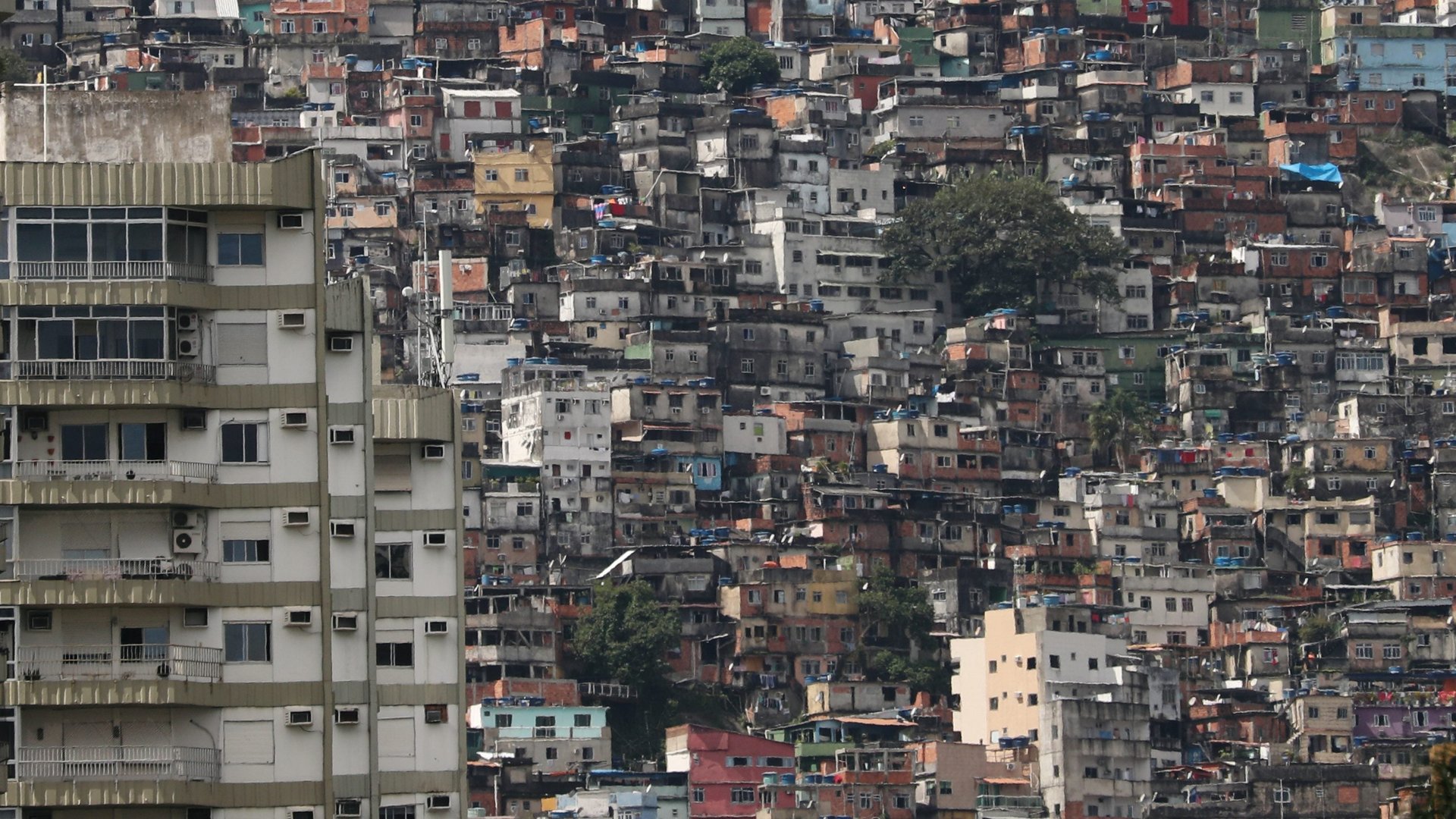For most of the world, social distancing is an unimaginable luxury
Calls for social distancing and isolation have become the coronavirus battle-cry, and lockdowns are halting cities and towns all over the world (except in Sweden). Schools are closed, and so are non-essential businesses. All gatherings are off. Remote working is the new working, and time spent outside the home is down to a bare minimum.


Calls for social distancing and isolation have become the coronavirus battle-cry, and lockdowns are halting cities and towns all over the world (except in Sweden). Schools are closed, and so are non-essential businesses. All gatherings are off. Remote working is the new working, and time spent outside the home is down to a bare minimum.
That is, of course, when you have a home. In rich western cities, the homeless are at higher risk of contracting the disease, and cities with large homeless populations—that is, cities with more inequality—will have a harder time flattening the proverbial curve.
Still, in wealthy countries social distancing is a choice most people can make. In much of the rest of the world, the concept is an unimaginable luxury.
People who live in the low- or middle-income neighborhoods of Africa or Asia’s large cities, or the slums of Latin America, depend on the informal economy. They are often sharing overcrowded quarters, and don’t have a realistic option to stand two meters (six feet) apart. Their strained, already precarious healthcare resources won’t stand a chance under the weight of a pandemic that’s already crushing the world’s strongest health systems.
New York City has already shown the impact of high population density on the spread of the virus. But its concentration is nothing compared to Manila, where over four times as many people share the same amount of space; Dhaka, where three times as many do; or Nairobi’s Kibera, Africa’s largest slum, which with 300,000 people per square kilometer, has nearly 30 times the density of America’s most crowded city.
As India enters a 21-day lockdown, migrant workers have been leaving its big cities to walk back to their villages. For many, the journey will take days; if and when they finally get home, such workers are unlikely to have the physical space to quarantine themselves. Still, they are the lucky ones. For the poorest of the world, this epidemic will be yet another catastrophe against which the global order failed to protect them.
There is little we can do to stop the spread of Covid-19 in the world’s most vulnerable communities. But there is something we can do to prevent the next one. As experts repeated after Ebola, and after Zika hit, our best precaution against pandemic is strengthening the global south’s health systems.
Having space, we are about to discover, is just another way in which inequality manifests itself.
Correction: India announced a 21-day lockdown.